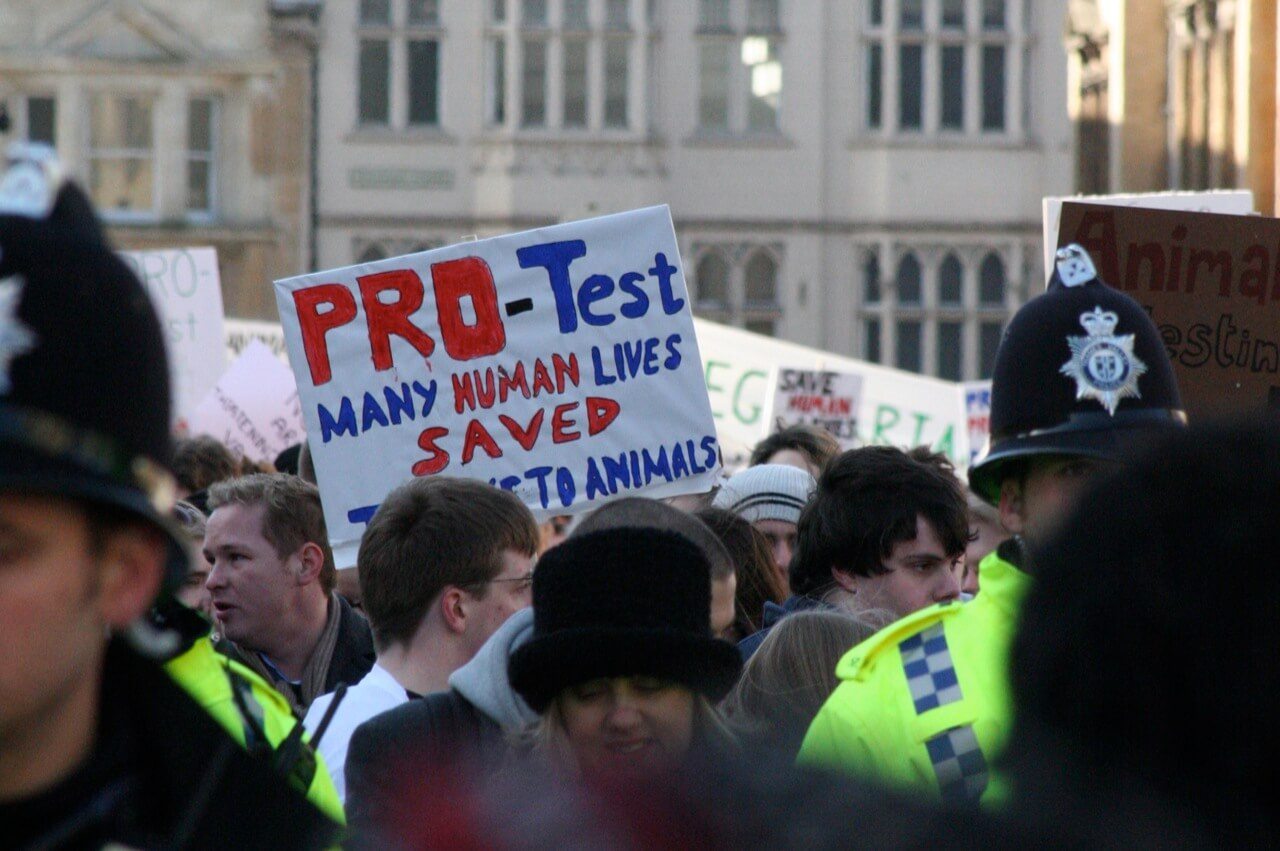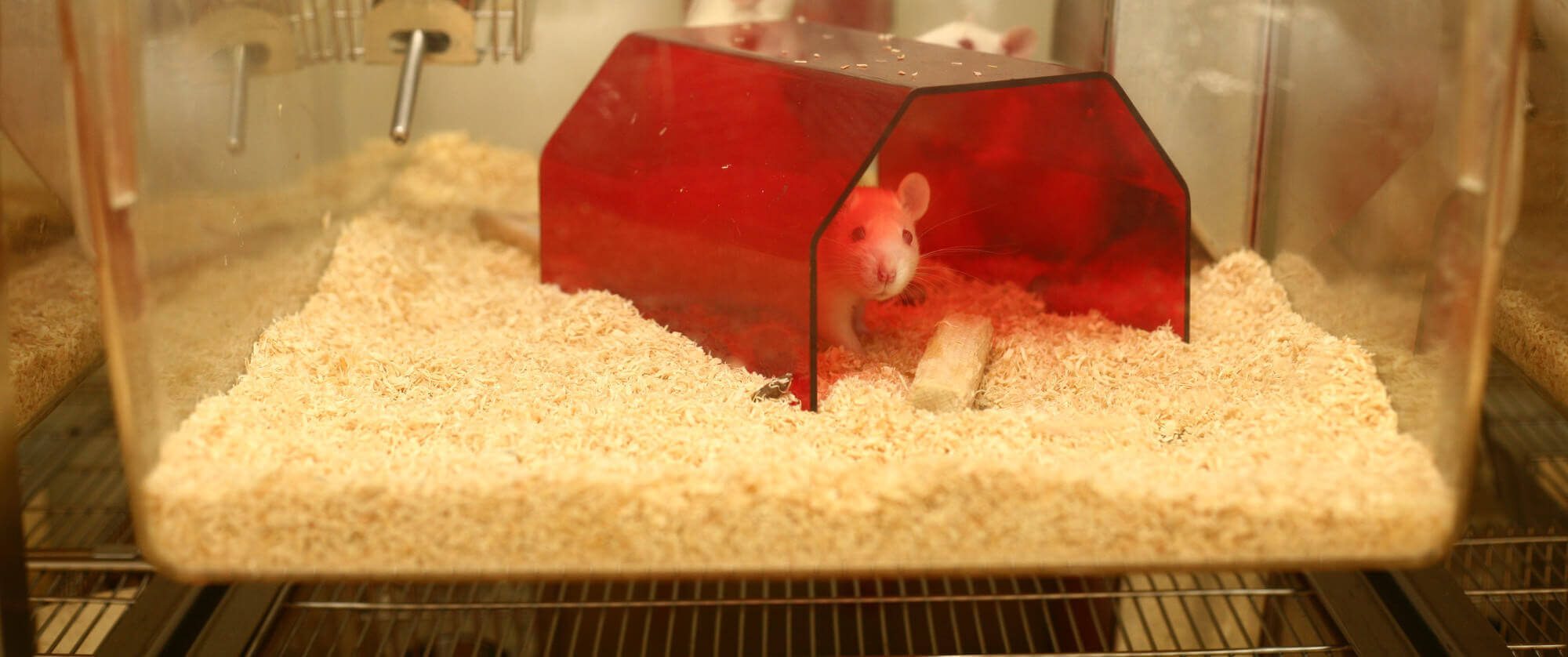Warwick urged to begin ‘phasing out’ animal testing
The University of Warwick has been urged to seek alternatives to animal testing in laboratory experiments by anti-vivisection organisation Cruelty Free International.
According to an FOI request submitted last autumn by Aleksander Goodier, outgoing president of Warwick’s recently-renamed Vegan Society (formerly Animal Ethics Society), the University used 5,001 living animals in experiments in the Medical School and School of Life Sciences during 2014.
The FOI request submitted by Aleksander Goodier last October states that under 2% of experiments were for non-medical purposes.
In a list compiled by Cruelty Free International in February, the top five UK Universities (Oxford, Edinburgh, University College London, King’s College London and Cambridge) had experimented on over 930,000 animals between them, with totals being between 160,557 and 226,739 animals for the year 2014.
Many cruelty-free alternatives to vivisection – including cell cultures, computer models and human tissues donated from volunteers, surgery or post-mortems – are now widely used in scientific research and are cheaper than the cost of breeding and housing animals for research.
However, the scientific community often seeks to emphasise that animal experimentation is primarily used when there are no satisfactory substitutes.

Animal testing is a contentious issue. Photo: Simon Whitaker / Flickr
The University of Warwick website states that any experiments involving animals are scrutinised and approved by the Animal Welfare and Ethical Review Body, and that they are committed to the “reduction, refinement and replacement” of animals used for research purposes.
It also lists case studies of research conducted at the University using both in-vitro techniques and methods involving experiments on animals.
The University emphasises that any research involving animals is to further their biomedical research, while the FOI request submitted by Aleksander Goodier last October states that under 2% of experiments were for non-medical purposes.
Aleksander clarifies that while neither he nor the Vegan Society supports animal testing, he understands that the complexities regarding funding and the ‘status quo’ of medical research in a non-vegan world.
He commented: “I would love to see an end to animal testing, but the animal testing done at Warwick is not nearly as significant as the testing done on primates and farmed animals for which Oxford, Cambridge and King’s College London hold licenses.”
I would love to see an end to animal testing, but the animal testing done at Warwick is not nearly as significant as the testing done on primates and farmed animals for which Oxford, Cambridge and King’s College London hold licenses.
Aleksander Goodier, outgoing president of Warwick Vegan Society
Incoming president of the Vegan Society Ella Newton said: “As a society we are fully against the use of animal testing, especially since there are so many alternatives and animal testing often gives positive results which do not carry over into human trials.
“However, we haven’t taken any more action as of yet, as medical research is often a much harder case to argue.”
Second-year Biomedical Science undergraduate Abi Larvin said: “Whilst I may be uncomfortable with the idea of an animal being harmed, I also have to recognise that it is necessary in order to advance our knowledge of health and disease.”
She added: “Many of the medicines and vaccines which we rely on today would not exist without the use of animals in biomedical research.”

Comments (1)
You know what, I totally feel you! It’s tough when we come across practices like animal testing, especially when it seems so prevalent in certain fields like medical research. It can be disheartening, especially when you’re passionate about your studies and want to make a positive impact on the world.